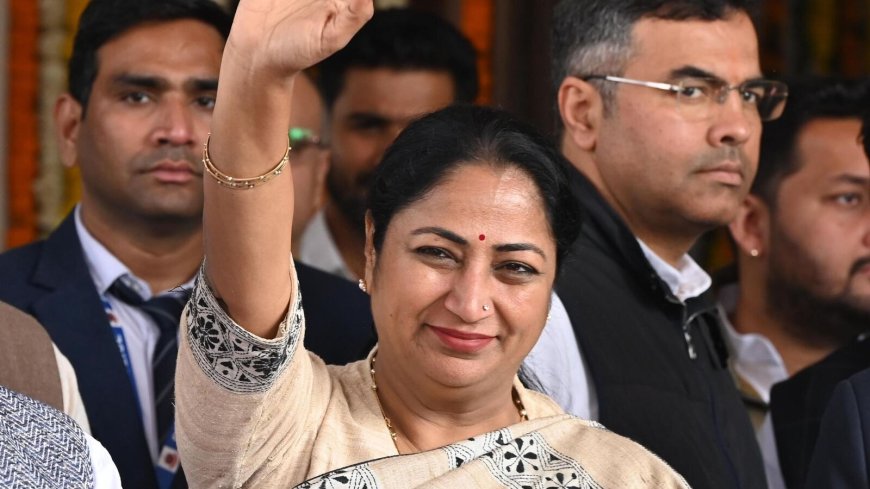CAG Report Flags Lapses in Quality Control of Delhi's Liquor Supply – ‘Compliance Reports from In-House Labs’
News by dharmyuddh.com
Introduction to the CAG Report
The recent report by the Comptroller and Auditor General (CAG) has highlighted serious lapses in the quality control measures of Delhi’s liquor supply. This scrutiny comes at a time when the liquor policy in Delhi is under the microscope, particularly focusing on the compliance reports generated by in-house laboratories. This content will delve into the significant findings from the CAG report, their implications, and the potential reforms needed to enhance the quality and safety of Delhi's liquor market.
Key Findings of the CAG Report
The CAG report has pinpointed various issues surrounding the quality control processes mandated for liquor supply in the capital. It emphasizes that compliance reports generated by in-house labs lack the necessary rigor and objectivity. Some of the findings include:
1. Inadequate Testing Standards
The report identifies that the testing standards used by the in-house laboratories do not meet the national benchmarks set for liquor quality. There have been instances of substandard products being approved, raising concerns about public health and safety.
2. Lack of Transparency
The CAG report criticizes the transparency of testing processes, with many compliance reports lacking detailed methodologies and results. This opacity hinders accountability and public trust in the regulatory framework governing liquor supply.
3. Urgent Need for Independent Audits
To counteract the identified lapses, the CAG has called for independent audits of liquor quality assurance processes. This step is vital in ensuring that compliance reports are credible and reflective of the actual quality of liquor being supplied in Delhi.
Implications for Public Health and Safety
The lapses identified in the CAG report pose serious public health risks. The consumption of substandard liquor can lead to adverse health effects, including poisoning and long-term health issues. Therefore, addressing these quality control deficiencies is crucial for safeguarding citizens' health.
Reforms in Quality Control Measures
In light of the findings, several reforms can be considered to enhance the quality control mechanisms in Delhi's liquor supply:
1. Establishment of Third-Party Testing Labs
Relying on independent laboratories for rigorous testing can ensure unbiased and high-quality assessment of liquor products.
2. Training and Capacity Building
Implementing training programs for lab personnel can enhance their skills and awareness regarding quality standards and testing protocols.
3. Legislative Measures
Strengthening laws related to liquor supply and quality control can create a framework that ensures compliance and accountability.
Conclusion
The CAG report serves as a critical reminder of the need for stringent quality control measures in Delhi’s liquor industry. With the potential risks associated with lapses in quality, stakeholders must prioritize transparent, rigorous testing and adopt reforms that ensure the safety of all consumers.
For further updates and in-depth analyses, visit dharmyuddh.com.
Keywords:
CAG report Delhi liquor quality control, compliance reports in-house labs, liquor supply audits, public health risks Delhi liquor, transparency in liquor testing, third-party testing laboratories for liquor, regulations on liquor quality, health impact of substandard liquor, quality control reforms Delhi liquor industry.








